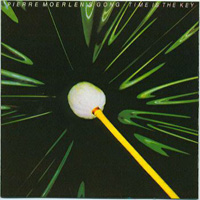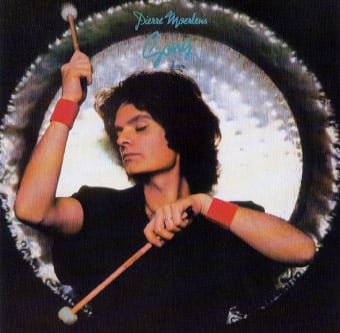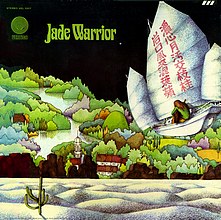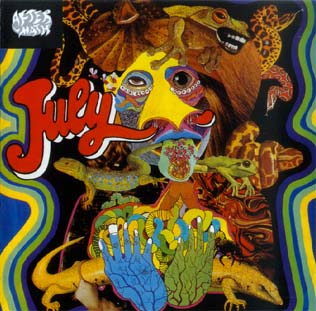 Quality: 4 out of 5
Quality: 4 out of 5Trip-O-Meter: 4.5 out of 5
I'm going to be totally honest here- as a musician I am completely jealous of Mr. J.K. (aka Jay Kaye). This Canadian feller was all of 15 years old at the time of recording and managed to score a crack team of session players and produce this masterpiece of orchestral psych-rock. Let's add to that the fact that the completely pretensious concept of man's life from birth to death was tacked on to the record and still doesn't managed to derail the thing (take that, Tarkus!)
Suddenly On Summer trapses all over the map of genres, but doesn't managed to take any serious missteps; especially if you completely ignore the concept as I did. There is a fine mix of songs and production at work here. There's plenty of pop power here, although I suppose the strange yet amazing twists of production are what have relegated this into the realm of obscurity.
After a short intro, "Christine" shines out as one of those should-have-been singing with some experienced-beyond-his-years from out titular star and some very groovy horn charts. Following a brief blast of acid rock and another good sound, we find the even better "Fly," wrapping the listener up in warm, pulsing feedback waves and what might be a marimba.
The album continues through some strong tracks like the raga-rock of "Magical Fingers Of Minerva" and the organ drenched freak-folk of "Nobody." Bringing us back to the surface of more recognizable is the almost bubblegum-like "The Times." J.K.'s voice has a resonance that keeps the songs from getting to syrupy, with the one exception of "Little Children," which always makes me skip ahead.
This is a brief album, with only nine proper tracks. It's a strong 27 minutes of psych (I'm docking the three minutes of "Little Children"), which I consider a lot more valuable than a 80 minute complation of oh, let's say Vanilla Fudge.
Buy Me:
J.K. And Co - 1969 - Suddenly One Summer
















